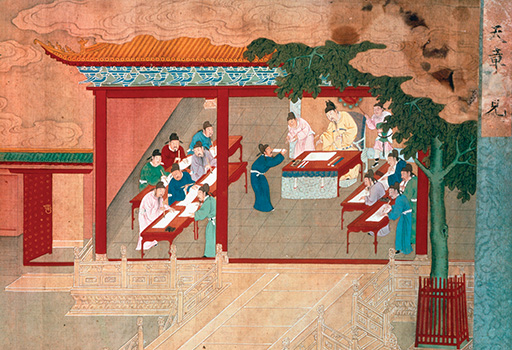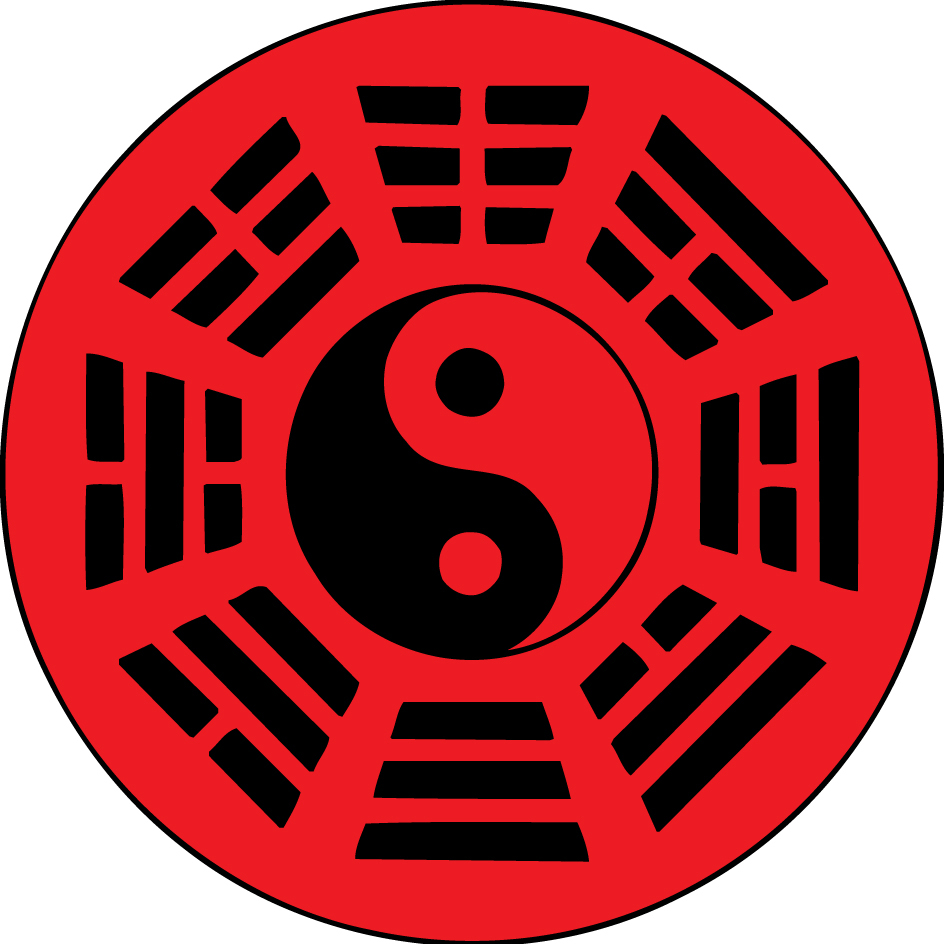Taoism, << TOW ihz uhm or DOW ihz uhm, >> also spelled Daoism, is a philosophical and religious tradition that began in China, probably around 400 B.C. However, some central ideas and values of Taoism had begun taking shape by about 1100 to 1200 B.C. Taoism has influenced Chinese and other East Asian art, literature, medicine, philosophy, and religion. The word tao originally meant road or way. However, Taoists always have thought that the Tao is hard to put into words. They often have described it as the underlying pattern of the universe, the mother of all things, and the spontaneous (naturally occurring) process regulating the natural cycle of the universe.

Many scholars used to believe there was an important difference between Taoist philosophy and Taoist religion. Today, however, most experts on Taoism think of it as a single but extremely diverse tradition.
The views of some of the earliest Taoists can be found in such books as the Tao Te Ching (The Classic of the Way and Virtue), also spelled Daodejing; and the Chuang-tzu, also spelled Zhuangzi. The ideas in these texts were partly a reaction against Confucianism, a philosophy that developed in China around the same time as Taoism.

According to Confucianism, people can live a good life only in a well-disciplined society that emphasizes moral self-cultivation, which includes attentiveness to one’s family, community, and society. But early Taoists believed that people were born virtuous and that moral self-cultivation destroyed their natural goodness. For this reason, people should avoid the conventional social obligations supported by the Confucians. Instead, they should lead a simple life closer to nature. Early Taoists thought that living in such a way put people in harmony with the Tao, as they had been at birth.
There have been many kinds of Taoism. Many Taoist texts have been written, and Taoists recognize many of these as sacred scripture. Over time, it became more common for Taoists to worship gods. Some Taoists have considered these gods to be part of the Tao.
Two main kinds of Taoism exist in China today. Both have temples where people go to worship. Zhengyi Tao, or Zhengyi Dao (The Way of Orthodox Unity), has a hereditary priesthood. The priests conduct public rituals, during which they read scripture, perform ritual songs and dances, and submit the people’s prayers to the gods. Quanzhen Tao, or Quanzhen Dao (The Way of Complete Perfection), has both male and female monks who live in monasteries. The monks follow a strict diet and practice meditation and special physical activities to live in harmony with the Tao. They also read scripture and offer prayers to the gods.
